The Bayt al-Thaqafa Foundation offers support to immigrants who need to rejoin the labor market.
Immigrants are exposed to a higher risk of discrimination, exploitation, and abuses in the workplace due to the economic and social circumstances in which they are. They often work excessively long days, without weekly rest or a contract, and receive salaries well below the minimum wage.
That is why the Bayt al-Thaqafa Foundation, through its training itinerary programs, offers support for immigrants trying to find a job, as well as for those who need help to rejoin the labor market. These programs help define the potential and ability of each person, and to guide them towards a more concrete job.
"We offer a wide range of pre-employment and work-related courses that develop the capacities and competitiveness of people in the labor market", says David Soler, responsible for the program of training itineraries for the Foundation. Among these courses, there are job search workshops, how to manage the course curriculum, and more. The entity also offers more specific formations, such as the 'Order and stock management course, store and truck security', the 'Food Handler Course', and within the next few days, they will start a new 'Intel Emotional intelligence ' course. "For the different workshops and training we have done in 2018, more than 400 people have passed", says Soler.
Joana Castro, the person responsible for communication and recruitment for the Foundation, explains that there is an innumerable amount of profiles of migrants seeking help to look for work. Castro claims that the organization finds profiles of people in search of their first job, mostly from North Africa, who are young people under guardianship and people that are being extorted by the Generalitat. If these people do not find a job quickly, they could easily lose their legal status in Spain.
"By age and socio-economic situation, it is a profile with a little academic qualification, but with a extensive experience with work. By deciding to come here and achieve this, they demonstrate an imperative desire to improve their lives and those of their families as well," comments Castro.
Women, especially those who come alone, tend to have very vulnerable profiles. The women that come are mostly Latin American and either has families in their country of origin or they have a minor in their care. "This profile has less racist pressure. Therefore, they have normalized their situation by usually start a family regrouping procedure", says Soler.
According to the Foundation, each profile reflects different needs however, in general, most profiles pass. This is not only because of the urgent need for a job but also because of the determination for personal empowerment and self-knowledge. "For all this, effective and emotional support is needed that is especially necessary for groups that face multiple exclusion factors, such as gender, country of origin, and administrative situation", Castro adds.
Factors that contribute to this vulnerability include dependence on work for debts related to migration, legal status, reliance on relatives, lack of recognition of labor rights, labor and immigration legislation of the host country, and more.
To all this, we must add the factors that depend on the country's policies, in a context in which Europe is making a political turn to the right, with a rise in xenophobic discourses. "Spain is at the gates of three elections and will have the opportunity to turn to one side or the other", emphasizes Soler. He adds: "It should be emphasized that many migrants have violated political rights and cannot vote, and those who vote will decide what the work scenario will look like for the immigrant community."
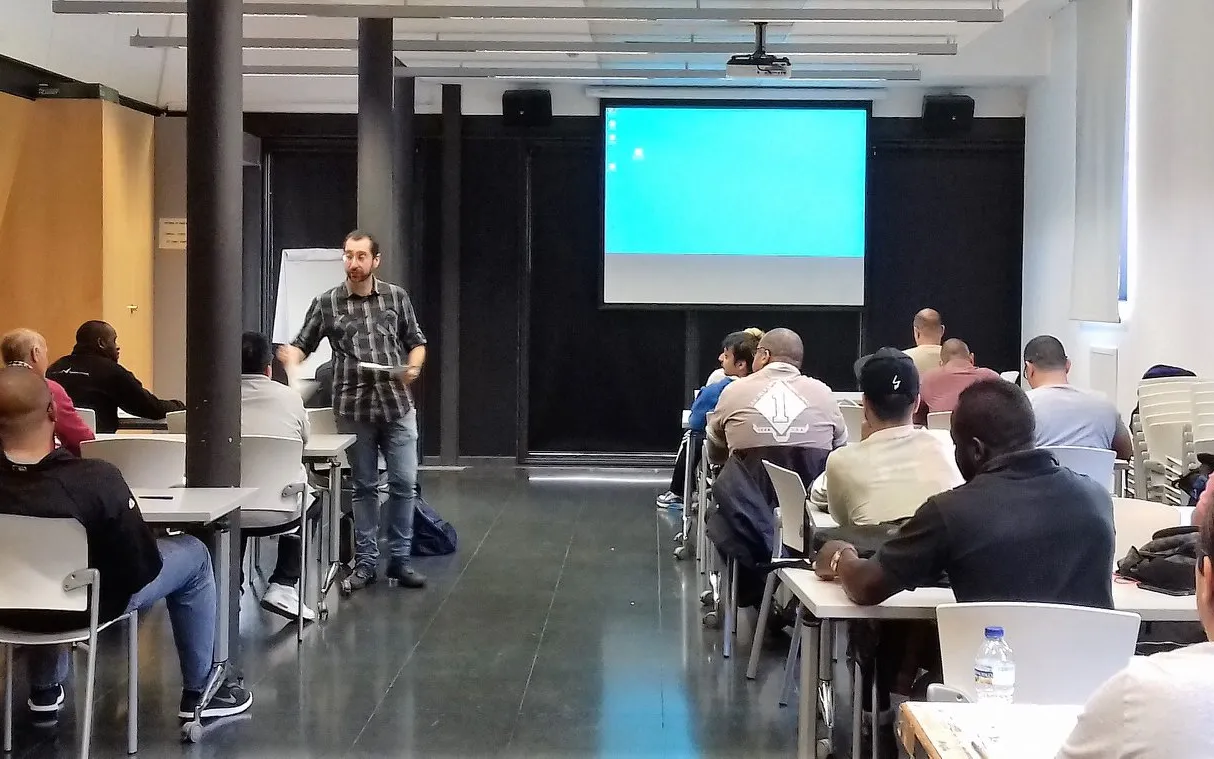
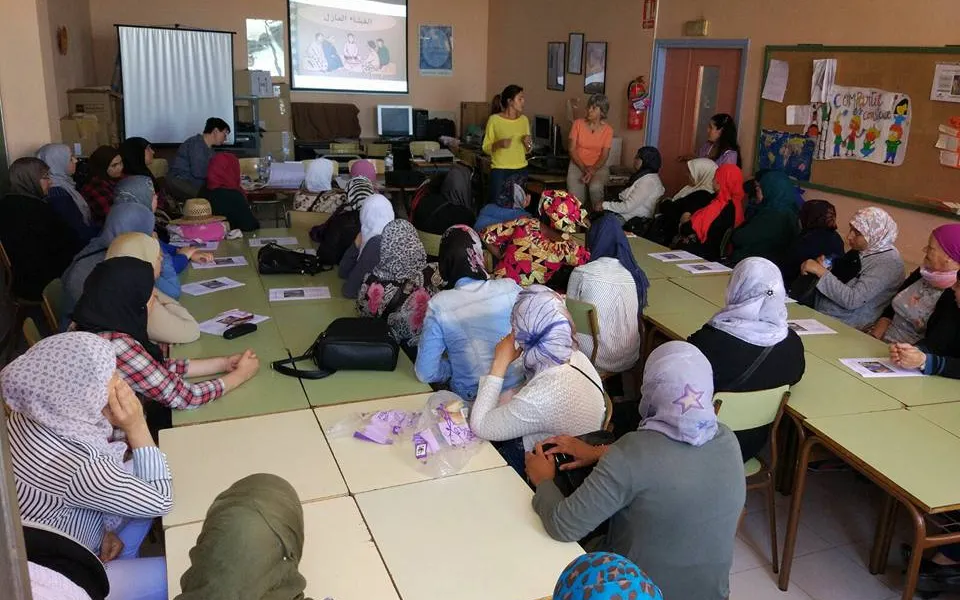
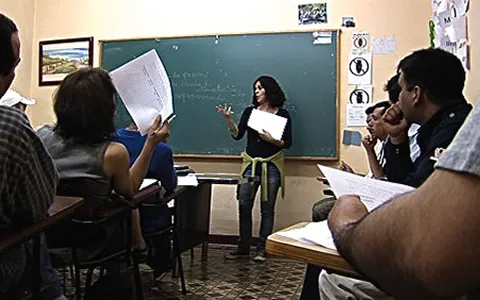




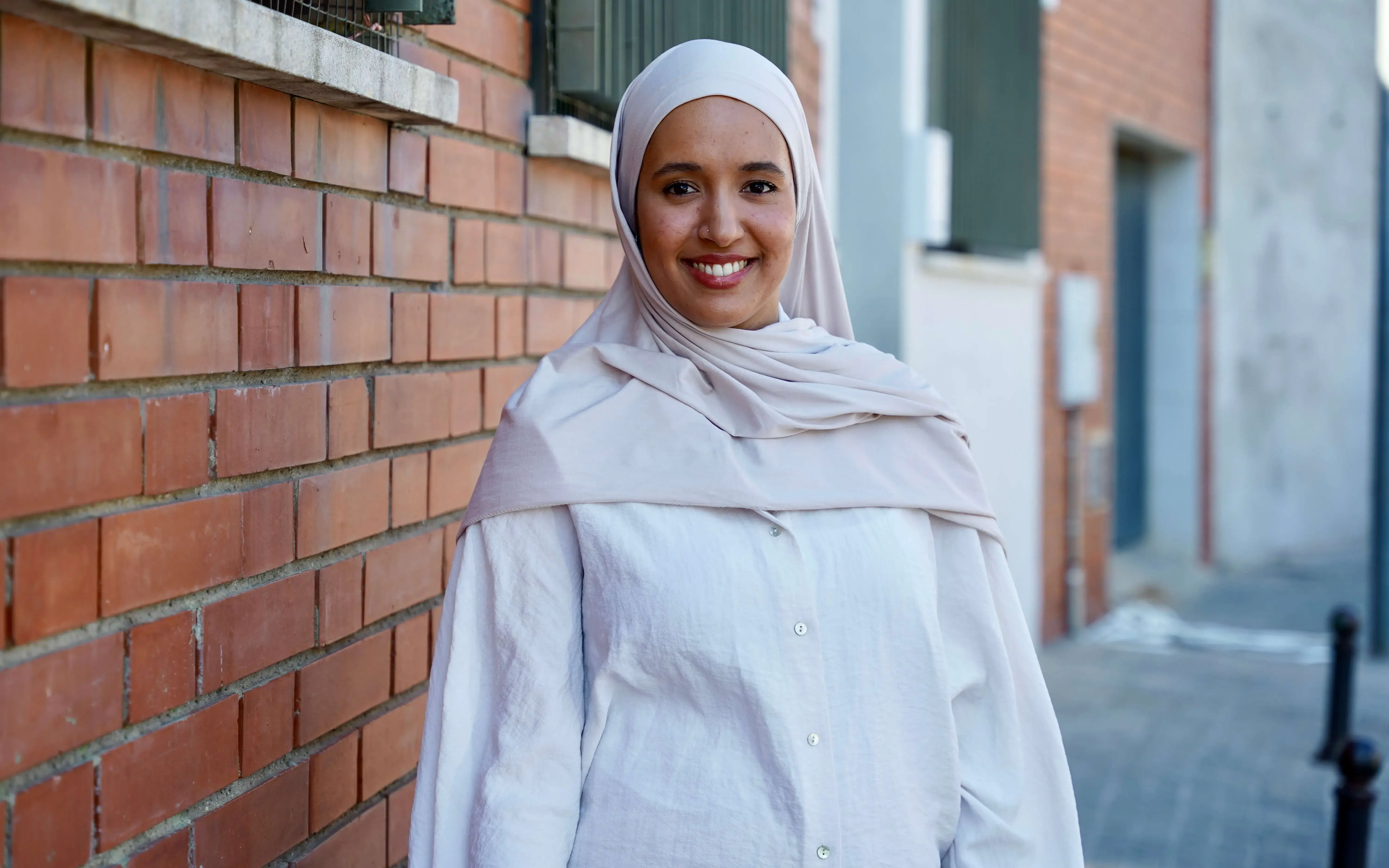
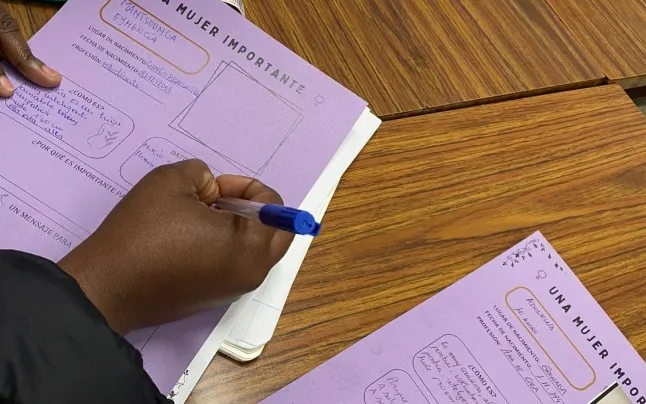
Add new comment